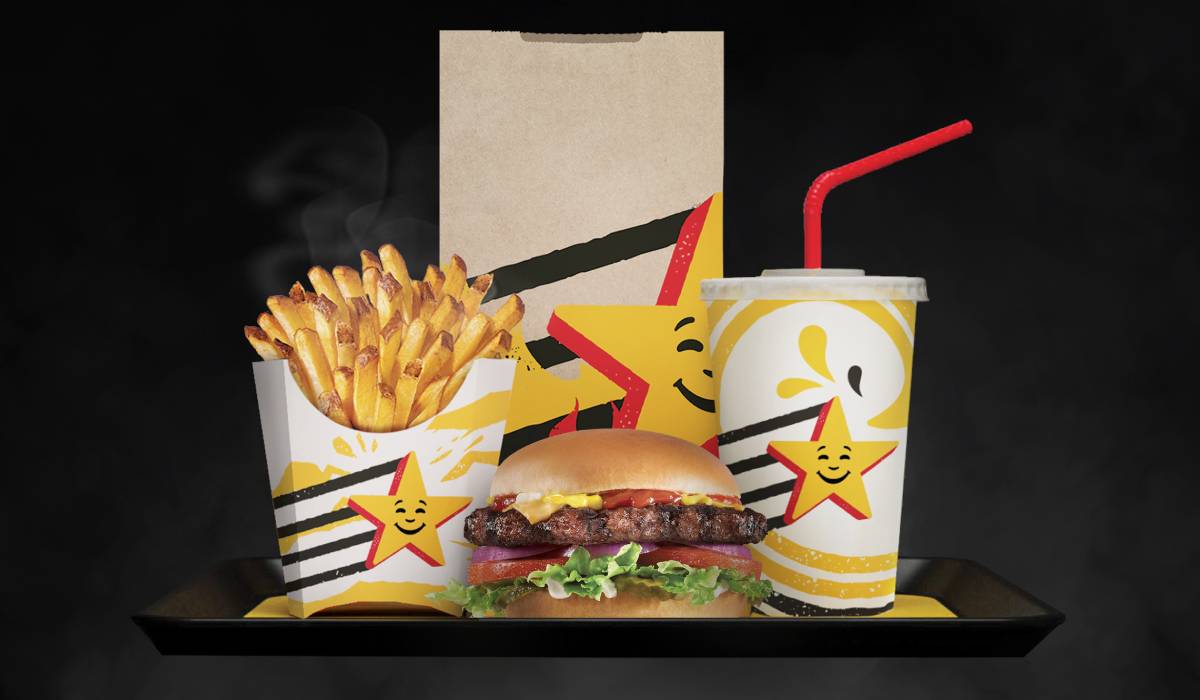High Bluff Capital Partners, the parent of Quiznos, Church’s Chicken, and Taco Del Mar, is in the running to purchase bankrupt Hardee’s restaurants.
Earlier this month, large Hardee’s franchisee Summit Restaurant Holdings declared bankruptcy. The operator once had more than 145 restaurants across 14 states, but recently shut down 39 stores. Prior to filing, the company hired Brookwood Associates to help with a sales process.
Court documents state that a company called ARC Burger is the stalking horse bidder and is looking to spend $11.7 million to purchase between 53–73 stores, with the potential to add up to 15 more. According to Bankruptcy Company News, ARC Burger is an acquisition vehicle formed by High Bluff.
For ARC Burger, being the stalking horse bidder means that it sets the minimum price. Additional bidders are being sought, with a potential bid deadline of July 10 and a sales auction on July 14. If all goes according to plan, the sale would close August 14. These dates have to be approved by the bankruptcy court.
Brookwood Associates and Summit developed a list of more than 90 parties they believe would be interested in and capable of buying substantially all of the bankrupt assets. Starting in early 2023, Brookwood Associates contacted more than 40 parties and received four letters of interest. After the bankruptcy filing, the company began reaching out to the remaining 50 or so parties. Per the stalking horse agreement, any other qualified bidder would have to top ARC’s $11.7 million offer by at least $760,000.
Summit blamed its bankruptcy on declining foot traffic, wage increases, inflation, and labor constraints, combined with unrelenting rental obligations, debt, and other liabilities, according to court documents. The company owes $22.1 million in secured debt and $6 million in unsecured debt, including royalties, advertising contributions, and other amounts to CKE Restaurants.
Many of the restaurants underperformed and showed an inability to grow annual volumes, the bankruptcy document states. The low sales resulted in smaller profits, thus a bigger sensitivity to rises in labor, commodity, and maintenance expenses. Some restaurants were profitable, but others operated at a loss for a prolonged period. Because of this, Summit was unable to meet financial obligations on time.








